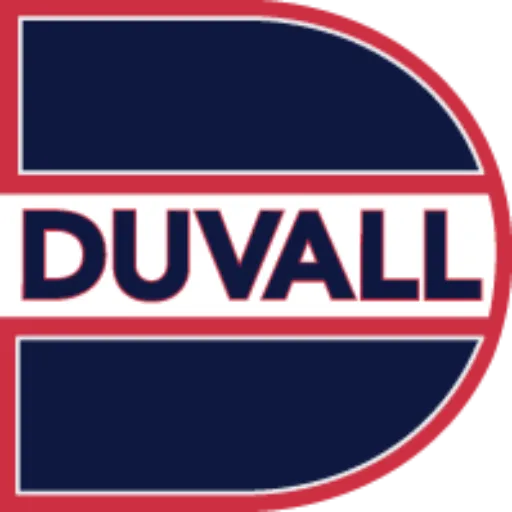Maintaining a comfortable home environment depends heavily on the efficiency of your HVAC system. However, the performance of this system is influenced by factors outside the equipment itself, with attic insulation playing a critical role. When insulation is deficient, it affects more than just your comfort; it directly impacts energy costs and places unnecessary strain on your HVAC system. Proper insulation ensures your home stays warmer in the winter and cooler in the summer while helping your system run efficiently.
Understanding how poor attic insulation contributes to system inefficiency and higher energy bills can help homeowners identify and address the issue before it becomes a larger problem.
The Link Between Insulation and Energy Efficiency
Effective insulation works as a barrier that reduces the transfer of heat between your home and the environment outside. During the summer, it helps keep hot air out, while in the winter, it prevents warm air from escaping. Quality insulation reduces the need for your HVAC system to cycle on and off frequently by maintaining a consistent indoor temperature.
When attic insulation is inadequate, it allows air to escape or enter through gaps and poorly insulated surfaces. This creates temperature imbalances within your home, forcing the HVAC system to work harder to maintain set temperatures. The harder your system works, the more energy it consumes. Over time, this inefficiency is reflected in rising utility bills that could otherwise be avoided with better insulation.
Increased Strain on Your HVAC System
HVAC systems are designed to maintain desired temperatures with varying degrees of effort, depending on the external and internal conditions. Poor attic insulation directly interferes with this balance by undermining your home’s ability to retain conditioned air. When warm or cool air escapes through the attic, the system compensates by running longer and more frequently to achieve the target temperature.
This additional strain can not only shorten the lifespan of your HVAC system but also lead to more frequent maintenance issues and repairs. Components like compressors and fans are particularly vulnerable to wear and tear caused by overuse. Investing in improved attic insulation, on the other hand, reduces the workload on your HVAC system, providing a longer-lasting solution that protects your investment.
How Poor Insulation Impacts Comfort
Temperature fluctuations caused by insufficient attic insulation don’t just affect energy efficiency; they also impact your home’s overall comfort. Rooms closer to the attic or areas with poor ventilation may become noticeably warmer or cooler than other parts of the home. This uneven temperature distribution can make maintaining a pleasant living environment challenging, even with a fully functioning HVAC system.
Addressing insulation issues helps resolve these inconsistencies, creating a more stable and comfortable indoor environment. With adequate insulation, conditioned air is more evenly distributed throughout the home. This not only alleviates the burden on your HVAC system but also ensures that every room is consistently comfortable, regardless of the season.
The Cost of Ignoring Insulation Issues
Failing to address poor attic insulation can lead to long-term financial implications that go beyond higher energy bills. Overworked HVAC systems often require costly repairs or even premature replacement, representing a significant expense for homeowners. Additionally, energy inefficiency contributes to a larger environmental footprint by increasing the demand for heating and cooling resources.
Upgrading your attic insulation provides a cost-effective solution that addresses both immediate and long-term concerns. The energy savings alone can offset the cost of the upgrade over time, while the reduced strain on your HVAC system helps you avoid unnecessary repair expenses. Coupled with a more comfortable home environment, investing in better insulation is a decision that delivers multiple benefits.
For homeowners exploring ways to enhance efficiency, it’s worth noting that plumbing companies operating legally within state and federal guidelines are required to carry liability insurance, workers’ compensation, and a surety bond. These requirements ensure the companies you work with prioritize safety, accountability, and professionalism. Our team complies fully with these regulations, offering you the peace of mind you deserve when upgrading your home’s insulation or HVAC system.
If you’re ready to improve your attic insulation and optimize your HVAC system’s performance, contact us today.
